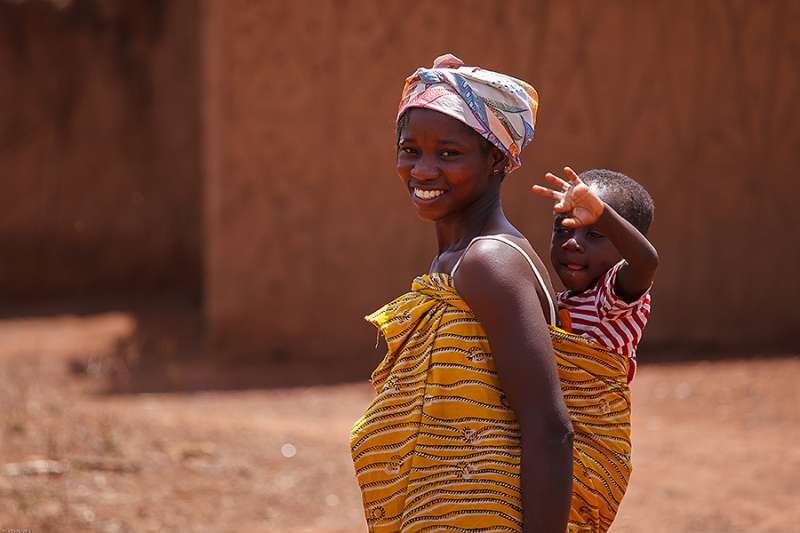A report calling for access to contraception and abortion in the developing world is an example of ideological colonization and cultural arrogance, warned a family author and scholar.
“By what moral right do Westerners send the message that the world would be a better place with fewer Africans in it?” said Mary Eberstadt, senior research fellow at the Faith and Reason Institute.
“Such campaigns are going to look as ugly in history's rearview mirror as the twentieth-century eugenics movement does today,” she told CNA.
Eberstadt was responding to the newly-released Guttmacher-Lancet Commission report, which declared a need for universal access to contraception and birth control within the next 12 years, particularly in the developing world.
The Commission believes that these goals are “consistent with,” yet broader than, the United Nations’ 2030 Agenda for Sustainable Development.
The findings were published last week in the medical journal The Lancet.
They discussed “sexual and reproductive health and rights” (SRHR), a term defined by the report to mean gender-based violence, sexually transmitted diseases, HIV/AIDS, abortion, contraception, infertility, reproductive cancers, and maternal and newborn health.
In addition to the developing world, populations that were identified as having “distinct needs” in this area included adolescents, sex workers, intravenous drug users, immigrants, and refugees.
Failure to embrace the goals outlined by the Guttmacher-Lancet Commission’s agenda have harmed women and put lives at risk, the report claims.
“There is compelling evidence that countries or governments that do not prioritise SRHR have disproportionately poor health indicators. For example, those countries with restrictive abortion laws contributed most to the global burden of 25 million unsafe abortions.”
There is an “urgent need to change the narrative” on these issues, said one of the included commentaries in the report, particularly highlighting the poorer parts of Africa and in southeast Asia.
The Commission found that the cost of promoting abortion and contraception to the developing world would come out to about nine dollars per person, per year, which they claim will “save lives.”
However, Eberstadt objected to the idea that Westerners have the moral standing to promote contraception and abortion in developing nations.
She warned that the rhetoric of the report will not age gracefully and will one day be likened to eugenics campaigns.
“The spectacle of pale elites from increasingly barren societies trying to reduce the fertility of darker people in other societies is intrinsically grotesque,” she said.

